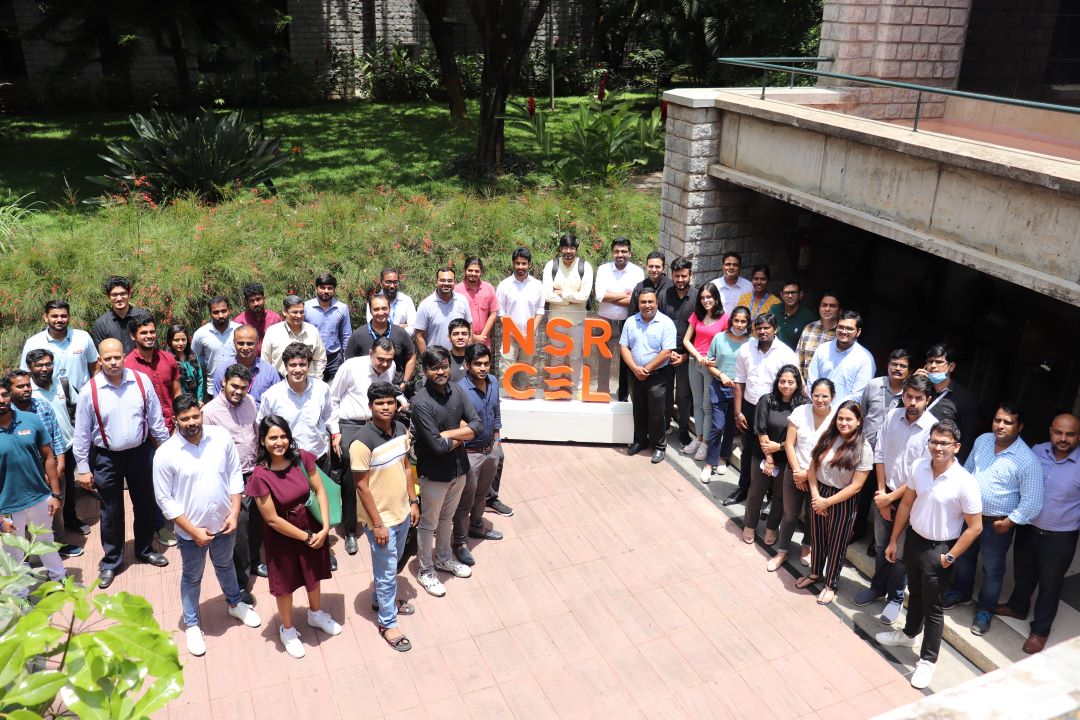On World Sustainable Transport Day, Alstom, a global leader in smart and sustainable mobility, showcased its impactful community programs in India that prioritize environmental preservation and economic upliftment. Through initiatives such as the Sustainable Mobility Incubation Program at IIM Bangalore’s NSRCEL and the LEAP (Low Emission Access to Public Transport) project, Alstom has made significant strides in reducing carbon emissions, improving public transport access, and creating jobs.
In partnership with NSRCEL, IIM Bangalore’s startup hub, Alstom has fostered innovative startups working on sustainable mobility solutions. This program has achieved remarkable results, preventing over 125 million kilograms of carbon emissions, equivalent to removing 27,000 diesel cars from the road annually, and creating 164 jobs in the green economy.
In just six months, LEAP has made remarkable strides by training 30 women drivers, providing them with stable income opportunities, and promoting workforce inclusivity. The initiative has covered 30,000 kilometers in last-mile connectivity, completing over 500 eco-friendly trips. Additionally, it has enhanced commuter diversity, with 40% of its passengers being women, underscoring its commitment to inclusivity and sustainability.By mentoring and funding early-stage ventures, Alstom is nurturing green entrepreneurship, paving the way for long-term solutions aligned with India’s net-zero targets.
Supported by Bangalore Metro Rail Corporation Ltd. (BMRCL) and implemented by WRI India, the LEAP project addresses urban air pollution and enhances last-mile metro connectivity through eco-friendly solutions. AI-driven EV ride-hailing operator MetroRide has been instrumental in executing this program, which has deployed electric auto-rickshaws at key metro stations in Bengaluru.
In just six months, LEAP has made remarkable strides by training 30 women drivers, providing them with stable income opportunities, and promoting workforce inclusivity. The initiative has covered 30,000 kilometers in last-mile connectivity, completing over 500 eco-friendly trips. Additionally, it has enhanced commuter diversity, with 40% of its passengers being women, underscoring its commitment to inclusivity and sustainability.The program’s success is driving plans for expansion to other high-traffic areas, further enhancing Bengaluru’s sustainable transport network.
Reflecting on Alstom’s progress, Olivier Loison, Managing Director of Alstom India, stated:
“Our community-driven initiatives are already making cities cleaner and more accessible. By integrating sustainable mobility with economic empowerment, we are contributing to India’s Sustainable Development Goals and reshaping the urban transport ecosystem.” Alstom’s efforts exemplify the power of collaborative innovation in addressing critical challenges like climate change, urban congestion, and job creation, ensuring a sustainable future for India’s growing cities.
Alstom stands as the only multinational sustainable mobility provider in India, offering a comprehensive range of solutions tailored to meet diverse customer needs, from cost-effective mass-market platforms to advanced technological innovations. A key player in India’s ‘Rail Revolution,’ Alstom has been instrumental in driving both freight and passenger mobility advancements.
With six industrial sites and five major engineering centers, the company addresses domestic project requirements while contributing to numerous international initiatives. Alstom actively supports the government’s modernization efforts by introducing cutting-edge technologies in rolling stock, rail infrastructure, signaling, and services. Committed to the Make-in-India and Aatmanirbhar Bharat visions, Alstom emphasizes strengthening its local sourcing and supply chain ecosystem, reinforcing its dedication to India’s self-reliance and industrial growth.







